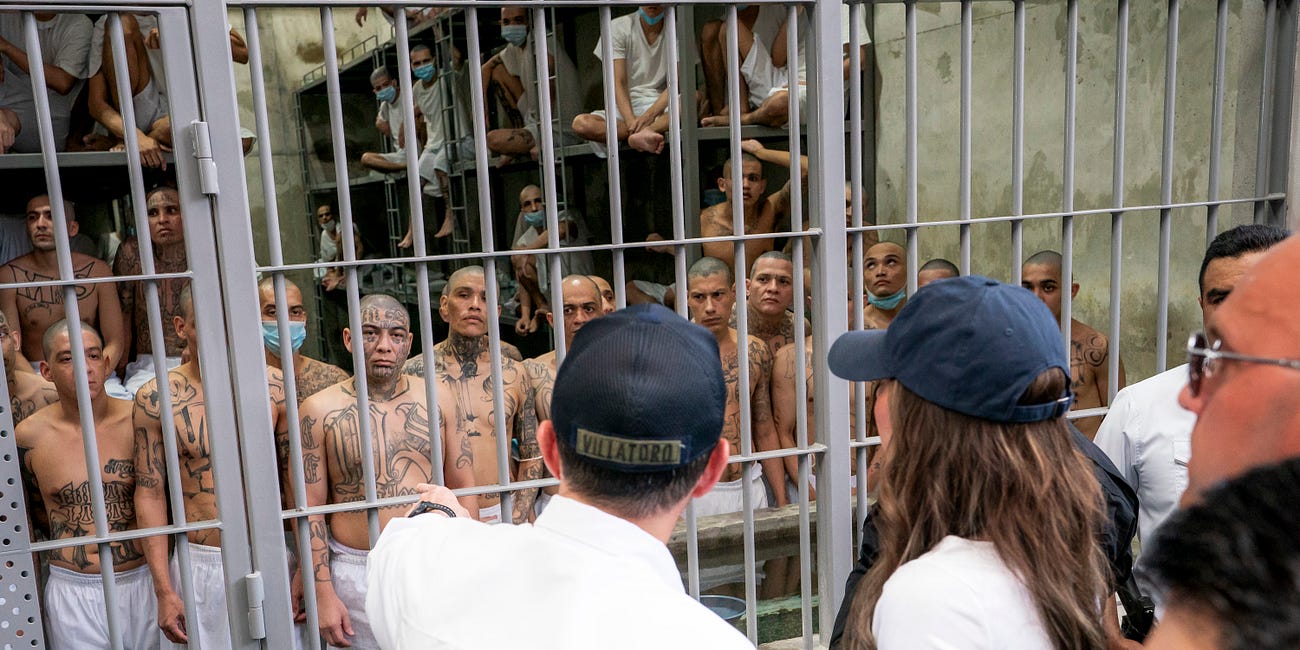Addendum A: Case Study – Strategic Exploitation of Judicial Ambiguity by Foreign Paramilitaries
Operation Silent Entry: How Judicial Ambiguity Enabled Strategic Infiltration and Economic Occupation of U.S. Territory by Foreign Paramilitary Groups
Read Section 1, the Brief, here:
Invasion USA
Issue PresentedThanks for reading Autodidact Obsessions! Subscribe for free to receive new posts and support my work.
Title:
"Operation Silent Entry: How Judicial Ambiguity Enabled Strategic Infiltration and Economic Occupation of U.S. Territory by Foreign Paramilitary Groups"
---
Abstract
This case study details a hypothetical but plausible scenario involving the covert infiltration of United States territory by hostile foreign paramilitary elements, demonstrating how current judicial precedents mandating individualized hearings for undocumented immigrants could be exploited. This ambiguity effectively disables executive power to respond swiftly, undermining national sovereignty and security.
---
I. Scenario Background
In late 2024, intelligence assessments ([FBI Threat Assessment 2024](https://www.fbi.gov/news/testimony/worldwide-threats-to-the-homeland-2024)) identified Venezuelan paramilitary forces (specifically Tren de Aragua) and associated criminal networks exploiting migrant routes into the United States ([WSJ, 2024](https://www.wsj.com/articles/migrant-smuggling-routes-exploited-by-venezuela-paramilitary-groups-2024-5fe0c8d7)).
Simultaneously, security analysts warned ([RAND Corp., 2024](https://www.rand.org/pubs/research_reports/RRA556-1.html)) that hostile nations (e.g., Russia, China) identified U.S. immigration and judicial weaknesses, considering unconventional invasion methods via massive undocumented infiltration as viable strategic operations.
---
II. Method of Exploitation:
Step 1 – Entry Without Detection:
Paramilitary operatives infiltrate via known migration corridors, posing as economic migrants fleeing instability ([CBP Migration Reports, FY2024](https://www.cbp.gov/newsroom/stats/nationwide-encounters)).
Lack of systematic identification or rapid removal due to judicially-mandated due-process standards provides immediate entry and prolonged presence.
Step 2 – Establishment of Operational Cells:
Upon entry, paramilitary operatives leverage established criminal infrastructures to procure weapons, forge identities, and establish covert command structures.
Use of existing black-market economies (drug trafficking, arms smuggling, human trafficking, illegal gambling) creates self-sustaining operations ([DEA National Threat Assessment, 2024](https://www.dea.gov/documents/2024/03/01/2024-national-drug-threat-assessment-ndta)).
Step 3 – Economic Occupation:
Operatives infiltrate major urban centers and strategic infrastructure areas, integrating seamlessly due to judicial restrictions preventing mass deportations or immediate action.
Economic power from criminal enterprises is leveraged politically and strategically, compromising local governance and law enforcement efficacy ([FBI Transnational Organized Crime Report, 2024](https://www.fbi.gov/investigate/organized-crime)).
---
III. Judicial Ambiguity as Strategic Advantage:
Judicial rulings requiring individualized due-process hearings effectively paralyze enforcement ([Supreme Court decision on Venezuelan deportations, 2025](https://www.wsj.com/us-news/law/supreme-court-issues-new-halt-on-trump-deportations-under-wartime-law-5045f9d0)).
Each paramilitary operative or suspect captured claims refugee status or economic migration intent, immediately invoking constitutional protections upheld by courts (\[See: Zadvydas v. Davis, 533 U.S. 678 (2001); Jennings v. Rodriguez, 583 U.S. \_\_ (2018)]).
Immigration courts, already overwhelmed ([EOIR Caseload Report FY2024](https://www.justice.gov/eoir/statistical-year-book)), cannot practically distinguish infiltrators from legitimate asylum seekers or economic migrants within a timely manner.
---
IV. Resulting Security Consequences:
Massive backlog in immigration courts exacerbated ([DOJ Inspector General Report 2024](https://oig.justice.gov/reports/doj-backlog-2024)).
Critical response time to infiltrators severely compromised, providing hostile entities ample time for operational entrenchment ([DHS Threat Assessment, FY2024](https://www.dhs.gov/publication/2024-homeland-threat-assessment)).
Executive power curtailed, national defense compromised, leaving sovereignty effectively undermined ([National Defense Strategy 2024](https://www.defense.gov/National-Defense-Strategy-2024/)).
---
V. Citations of Relevant Judicial Precedent (Key Cases):
Plyler v. Doe, 457 U.S. 202 (1982) – Establishing ambiguous immigration-related rights.
Zadvydas v. Davis, 533 U.S. 678 (2001) – Limiting executive power for prolonged detention.
Jennings v. Rodriguez, 583 U.S. \_\_ (2018) – Reinforcing individual due-process hearings.
March 2025 Supreme Court Venezuelan Deportation Cases – Blocking executive deportation initiatives under wartime statutes ([WSJ, March 2025](https://www.wsj.com/us-news/law/supreme-court-issues-new-halt-on-trump-deportations-under-wartime-law-5045f9d0)).
---
VI. Summary of Strategic Vulnerability:
This case study clearly demonstrates:
Judicially mandated ambiguity directly enables strategic exploitation by hostile paramilitary forces.
Such ambiguity fundamentally compromises the Executive Branch's constitutional responsibilities.
The maintenance and enforcement of these judicial precedents constitute intentional or reckless disregard of the national security threat.
---
Conclusion
Judicial ambiguity in immigration enforcement constitutes a critical strategic vulnerability exploited by adversaries of the United States. The ongoing judicial insistence on individualized adjudication even amid known national security threats reinforces the central thesis: judicial action has effectively eroded Executive powers, enabled covert foreign infiltration, and compromised national sovereignty, thus representing a deliberate or recklessly negligent judicial encroachment—effectively a "judicial coup."



